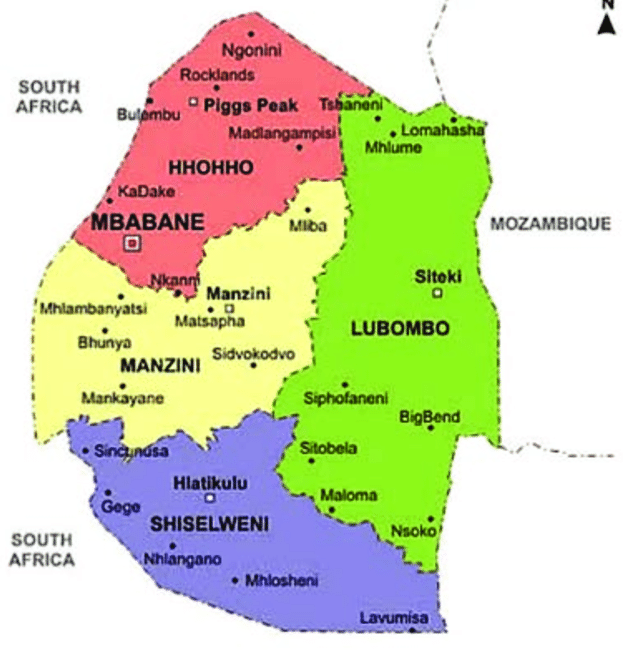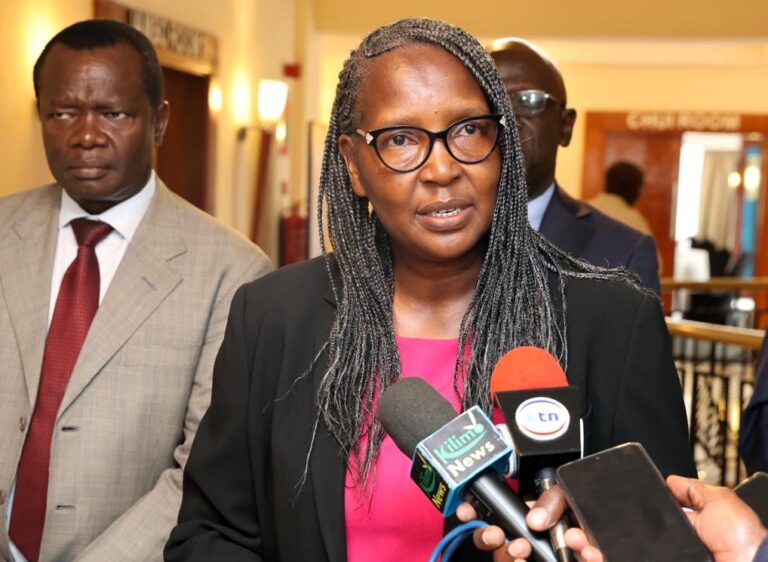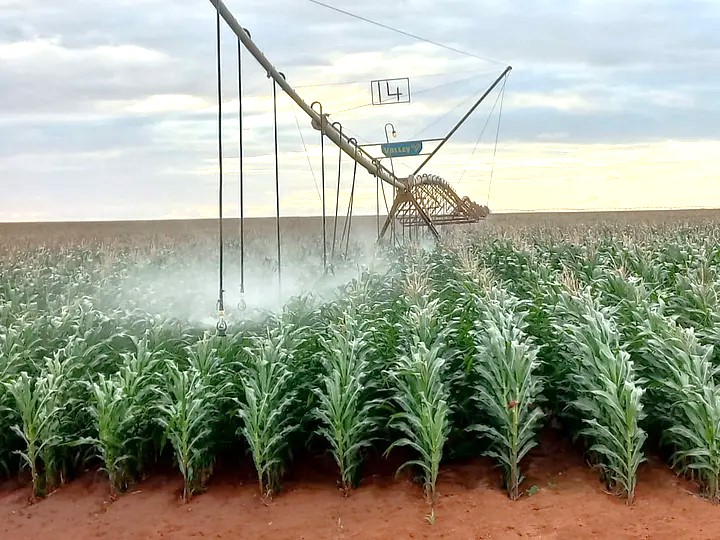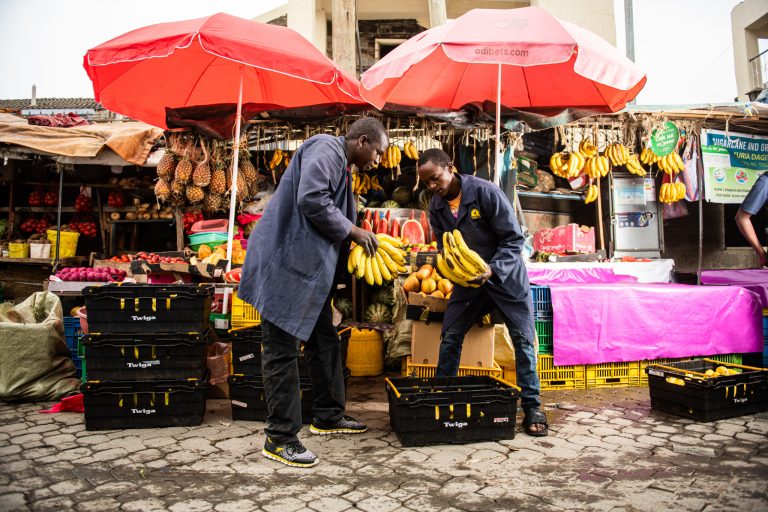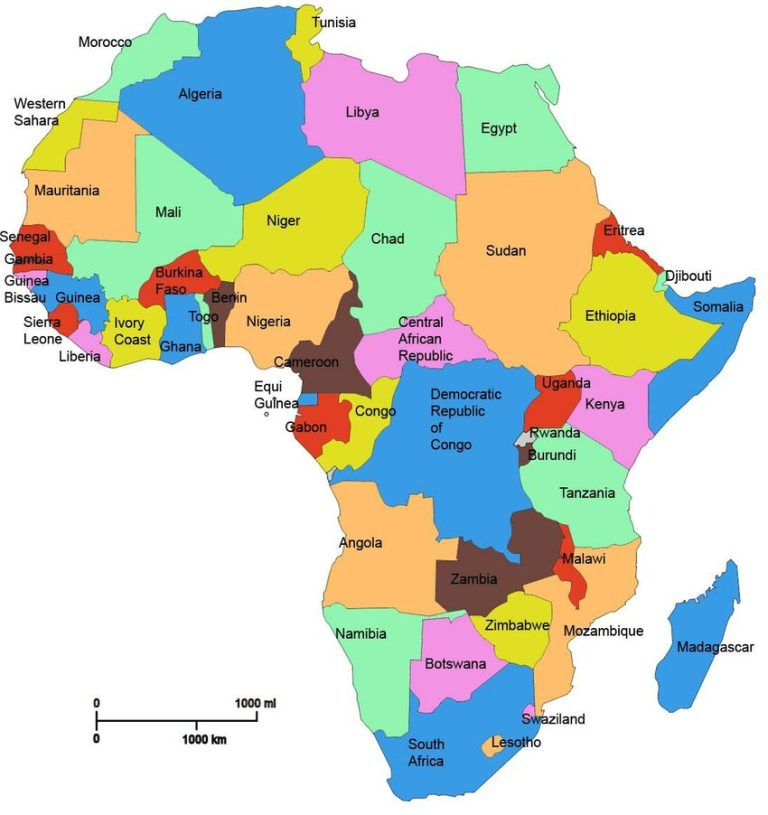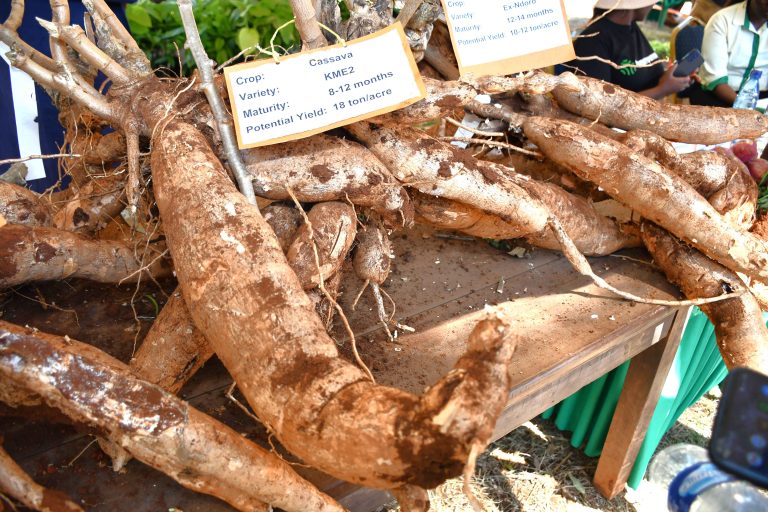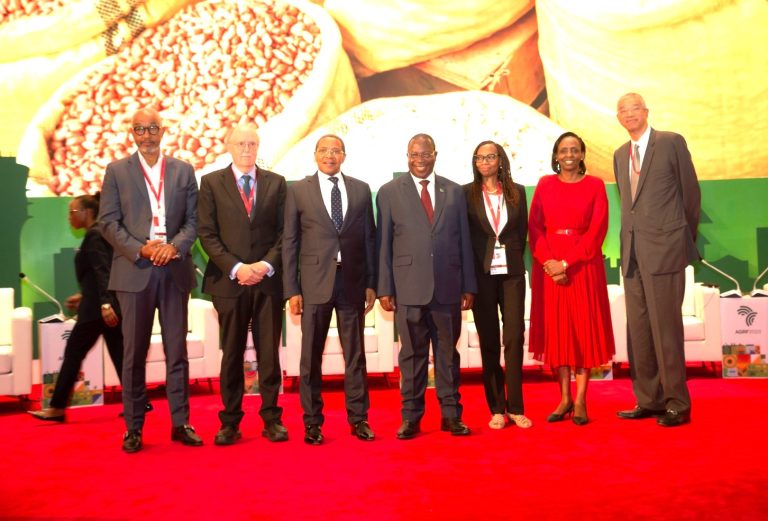By Kimuri Mwangi
The COMESA Competition Commission (CCC) has earned global recognition for its efforts to enhance food security and reduce poverty through strategic reforms in agricultural markets.
The Commission and the Competition Authority of Kenya (CAK) have been recognised by the World Bank for their joint efforts to reduce poverty through coordinated initiatives aimed at addressing inefficiencies in agriculture and food markets, ultimately improving food security and curbing high consumer prices.
Receiving the award on behalf of the Commission at the sidelines of the annual International Competition Network Conference in Edinburgh, Scotland, Dr Willard Mwemba, who is the Director and Chief Executive Officer, said he was thrilled and humbled by the recognition.
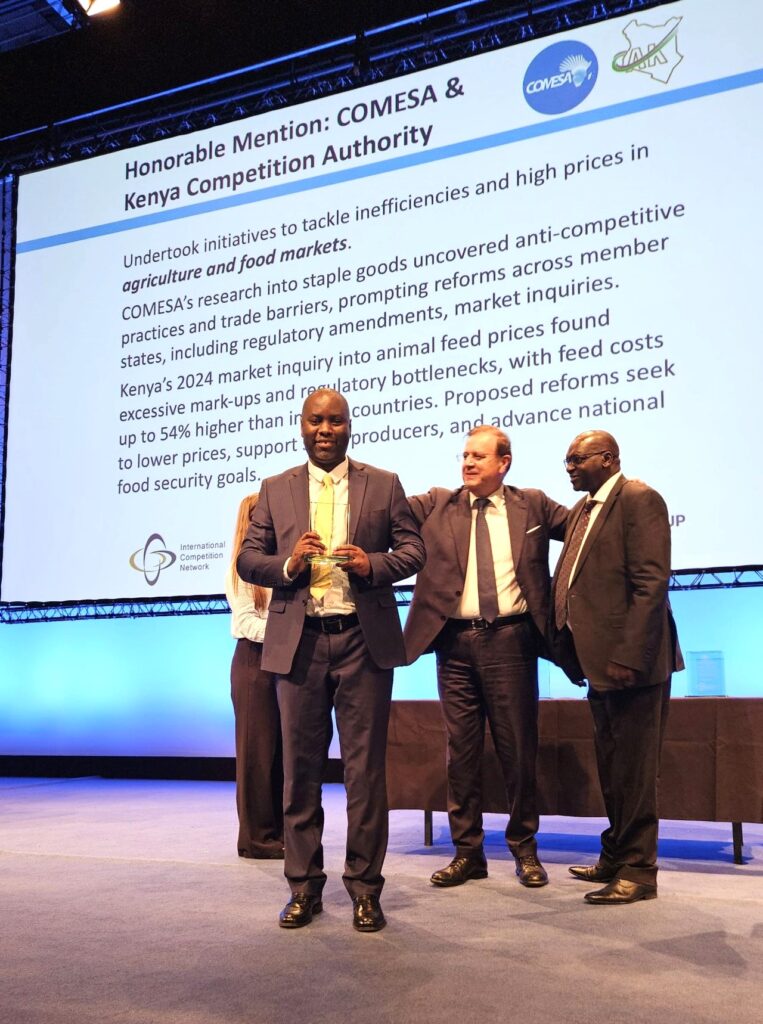
“Reduction of poverty and improving the welfare of our people in COMESA, on the African continent and indeed the planet has always been close to my heart. With humility, I appreciate the World Bank for this recognition. It will inspire us to soldier on and play our part in making the world a better place,” said Dr. Mwemba.
The COMESA Competition Commission partnered with the Centre for Competition and Economic Development to undertake a study in the region on key staples such as maize, soybeans, vegetable oil, and fertilizer, uncovering issues such as high market concentration, policy-induced trade barriers, and excessive mark-ups.
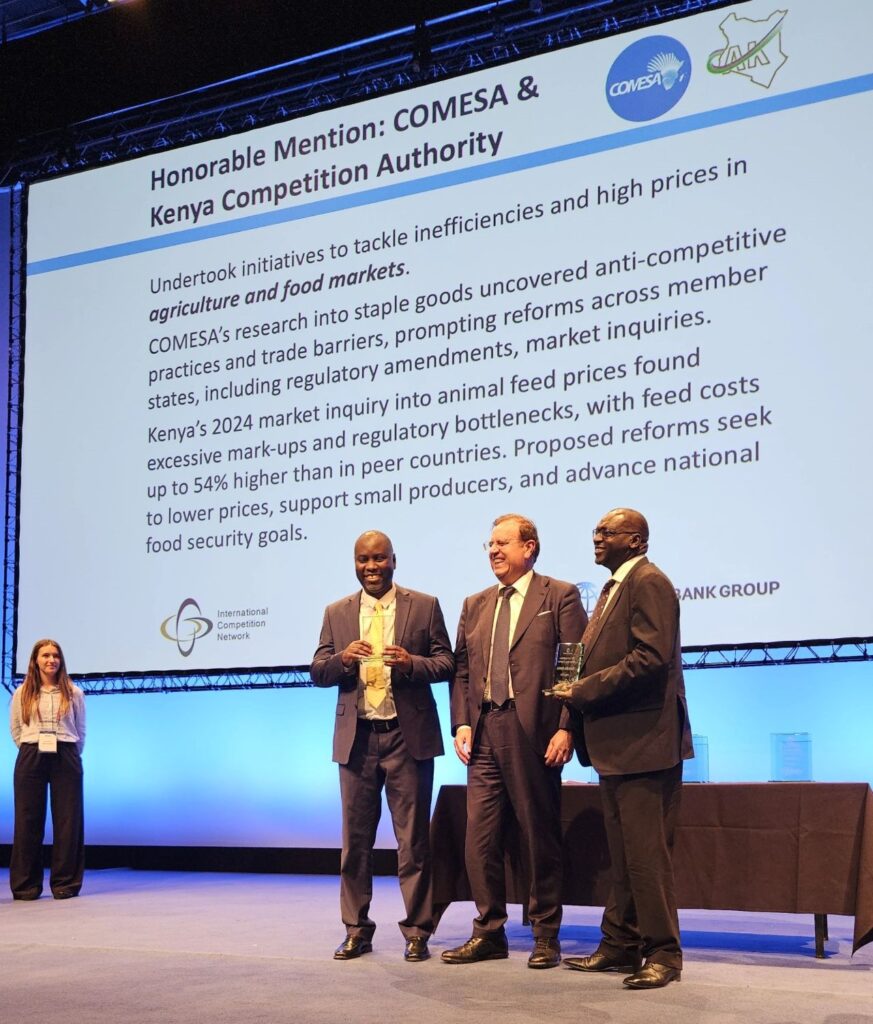
Dr. Mwemba said that the findings informed advocacy and reform initiatives across member states, including market inquiries and amendments to regional regulations. Savings of up to USD 1 million annually and reduced household expenditure on vegetable oil by 50–60% are expected. “The proposed reforms are expected to lower input costs, support small producers, and advance the government’s broader nutrition and export goals. These reforms could potentially save egg producers USD 23 million over three years,” he opined.
Complementing these regional efforts, the Competition Authority of Kenya launched a market inquiry into Animal Feeds. This inquiry revealed that regulatory challenges and market concentration had led to high prices — 40% more for animal feed compared with other markets such as South Africa, Brazil and Malaysia, hurting poultry and dairy farmers. It also gave recommendations aimed at amending the situation.




